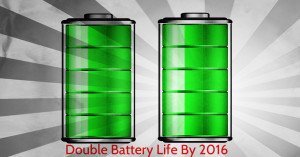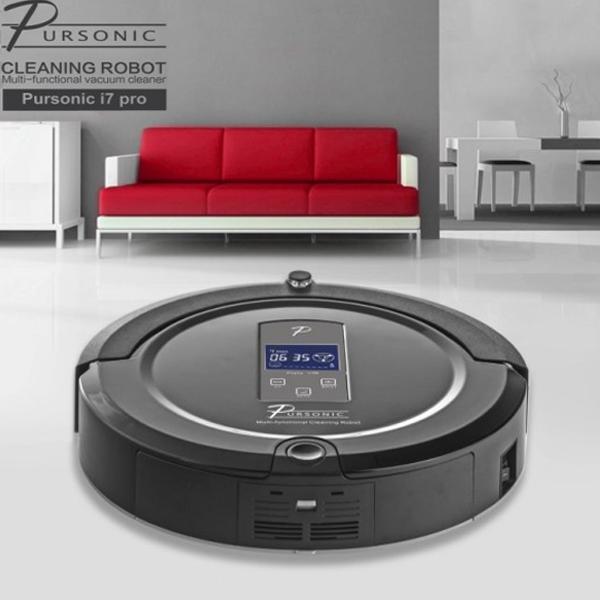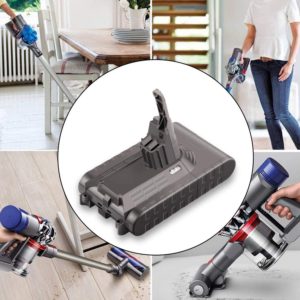The new technology was developed by the battery-tech start-up Sakti3, unlike today’s liquid-based lithium batteries, this is a solid-state battery technology that can store twice as much energy and could ultimately double battery life forelectric cars, Tablet PC and smartphones.
Sakti3, founded in 2008 by former University of Michigan engineering professor Ann Marie Sastry, produces lithium-ion batteries that use solid-state technology, rather than the liquid electroytes that have in some cases caused fires. The technology is safer than liquid-based lithium-ion technology, introduced by Sony in 1991, and could also effectively double devices battery life.
 British vacuum cleaner manufacturer Dyson has agreed to invest $15m (£10m) in Sakti3 whose technology could double battery capacity for products including smartphones and electric cars. Dyson has entered into a joint development agreement to commercialise the Dyson DC31 Battery, one of the major components to today’s mobile technology and one of the biggest obstructers to further progress. Portable and cordless technologies of today have progressed dramatically in the past 30 years, and they have all relied on the liquid-based lithium batteries.
British vacuum cleaner manufacturer Dyson has agreed to invest $15m (£10m) in Sakti3 whose technology could double battery capacity for products including smartphones and electric cars. Dyson has entered into a joint development agreement to commercialise the Dyson DC31 Battery, one of the major components to today’s mobile technology and one of the biggest obstructers to further progress. Portable and cordless technologies of today have progressed dramatically in the past 30 years, and they have all relied on the liquid-based lithium batteries.
However, batteries have failed to keep up with other technologies, forcing manufacturers to choose between thinner and longer lasting devices. With the changes in this technology, we might see an iPhone 6 last longer than a day on a single charge. Sakti3 has achieved leaps in performance, which current battery technology simply can’t. It’s these fundamental technologies – batteries, motors – that allow machines to work properly.
Dyson Robotic Vacuum Cleaner with YX-Ni-MH-022144 Battery
 The batteries are to be used first in Dyson products such as new versions of its cordless or robotic vacuum cleaners. Dyson last year announced a four-year £1bn research and development plan that includes an expansion of its robotics activities.
The batteries are to be used first in Dyson products such as new versions of its cordless or robotic vacuum cleaners. Dyson last year announced a four-year £1bn research and development plan that includes an expansion of its robotics activities.
The company introduced its first autonomous robotic vacuum cleaner in September, using 12 batteries, twice the number found in its cordless vacuum cleaner. Dyson said last year it would invest £5m in a new Imperial College London robotics laboratory, and its new Wiltshire campus also includes a robotics lab.


1 thought on “Dyson invests in battery tech could double smartphone battery life”
Comments are closed.